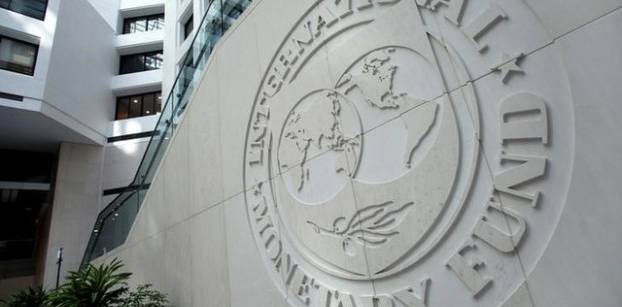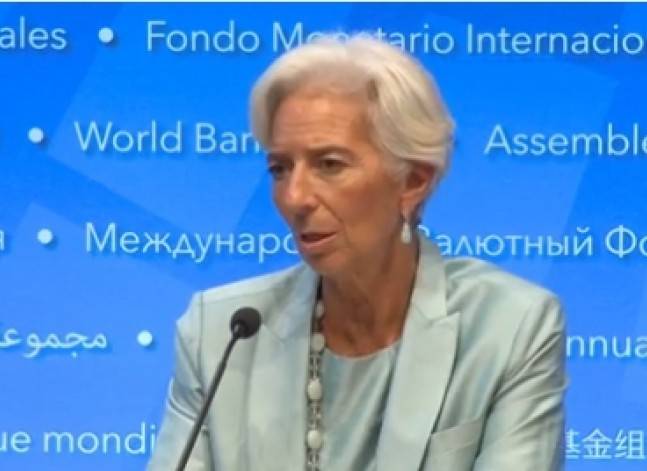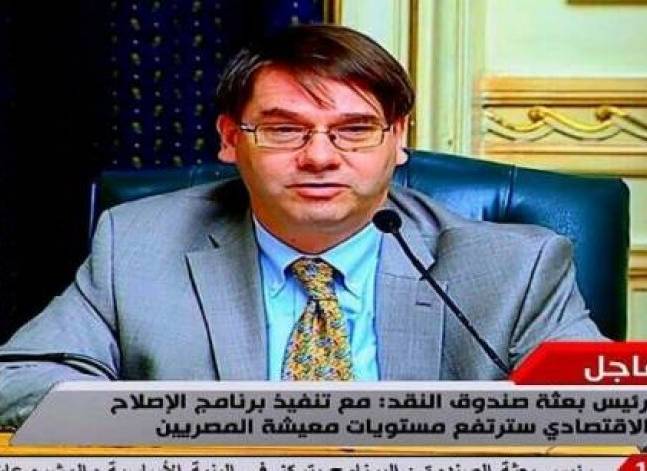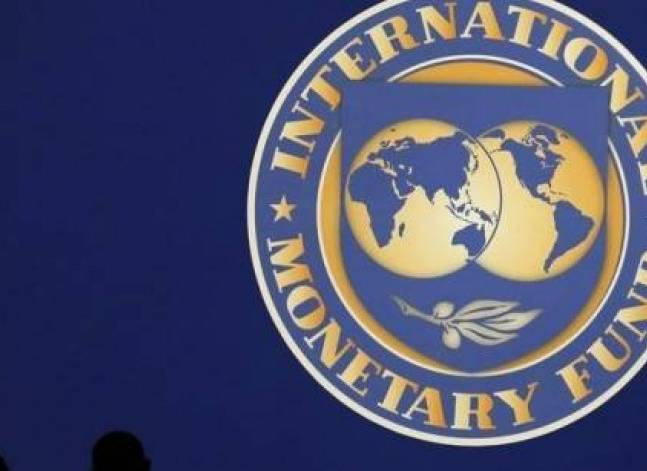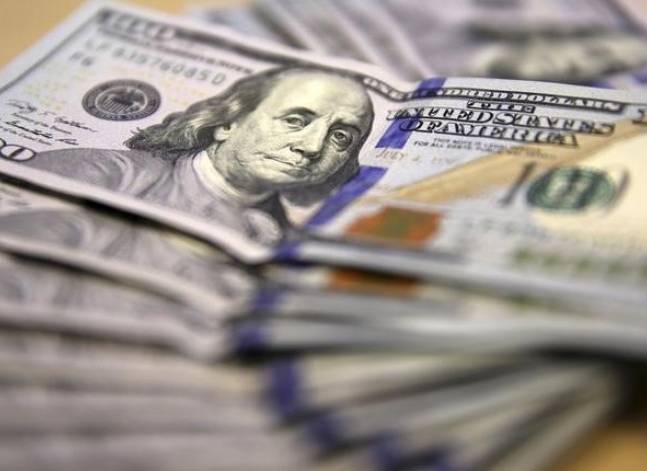Latest NEWS
- Aswat Masriya, the last word
- Roundup of Egypt's press headlines on March 15, 2017
- Roundup of Egypt's press headlines on March 14, 2017
- Former Egyptian President Hosni Mubarak to be released: lawyer
- Roundup of Egypt's press headlines on March 13, 2017
- Egypt's capital set to grow by half a million in 2017
- Egypt's wheat reserves to double with start of harvest -supply min
- Roundup of Egypt's press headlines on March 12, 2017
IMF board approves Egypt's $12 bln loan agreement
The International Monetary Fund logo is seen inside its headquarters at the end of the IMF/World Bank annual meetings in Washington, U.S., October 9, 2016. REUTERS/Yuri Gripas
CAIRO, Nov 11 (Aswat Masriya) – The International Monetary Fund's executive board has approved a three-year $12 billion loan to Egypt to support its economic reform programme, the IMF said in a statement on Friday.
The IMF will disburse an initial $2.75 billion loan tranche to Egypt, the statement said. The remaining amount will be phased over the duration of the program, subject to five reviews.
The move comes after the Central Bank of Egypt's decision to float the pound last week.
The IMF had welcomed the decision, saying it will improve the country's external competitiveness, support exports and tourism and attract foreign investment.
In August, the IMF reached a staff-level agreement with Egypt for a $12 billion three-year funding facility to support a government reform programme.
The IMF’s $12 billion loan program came with conditions that include reducing Egypt's budget deficit and making its currency exchange rate system more market-driven.
In October, IMF Managing Director Christine Lagarde said that Egypt has “almost completed” prior actions necessary for the IMF’s board to formally approve the $12 billion loan.
This week, Lagarde said that she would recommend that the board approves Egypt's request in support of its "ambitious economic reform program that will help restore macroeconomic stability and bring Egypt's economy closer to its full potential."
Egypt embarked on successive economic reforms over the past few months with the aim of cutting the budget deficit and addressing an acute dollar shortage. The latest reforms included floating the currency and cutting fuel subsidies.
"The liberalisation of the exchange rate and the adoption of the second phase of the fuel subsidy reforms are important measures in the authorities' reform agenda," Lagarde said in a statement on Tuesday.
"Adjusting fuel prices will contribute to lower budget deficits and will free up public resources for much-needed and better targeted social spending on health, education, and growth-enhancing investments," Lagarde added.

